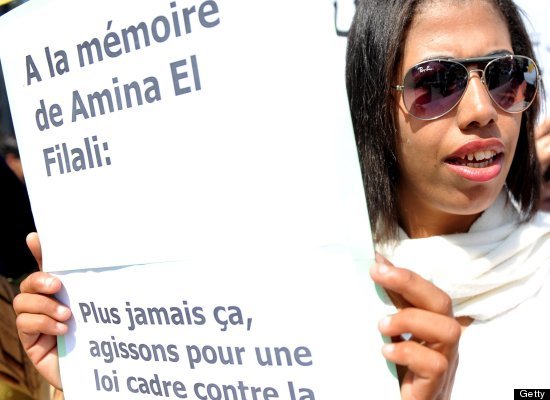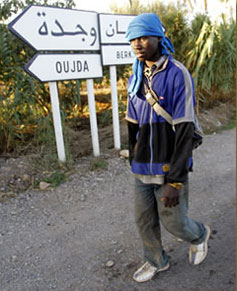Recent constitutional reforms instituted by King Mohammed VI have led to optimism for the future of Morocco, yet this rosy outlook focuses on superficial reforms while ignoring the horrendous state of human rights in the country.
While scholars and the media praise the idea of “Moroccan exceptionalism,” or top-down governmental reform, women, immigrants and the poor are currently facing conditions worse than in neighboring countries.
Morocco is often imagined as one of the more progressive and developed states in the Middle East and North Africa. Protests during the Arab Spring received a quick response from the Moroccan monarchy, and the King promised to enact top-down reform of the government, including the drafting of a new constitution that would increase transparency and decrease corruption.
In contrast to the violent response of neighboring regimes, Morocco appeared to have managed a middle path of reform without the popular overthrow of the government seen in neighboring countries. The current state of affairs in Morocco, however, is far from what one would expect. The levels of human development, equality and political freedom are actually lower in Morocco than in Egypt (Al-Jazeera), and the implementation of the new constitution has done little to address these issues.
In March of 2012, 16-year old Amina Filali committed suicide after a judge forced her to marry her rapist in order to preserve her family’s honor. Although there has been political pressure to remove the particular legal article that allows a rapist to marry their victim, there has been a lack of a larger movement for women’s rights in the country. The story of Amina’s suicide has caused many Moroccans to question the true state of social justice in the country.
The plight of immigrants in Morocco shows an even further disregard for human rights. Many sub-saharan Africans pass through Morocco on their way to look for work in Europe, and these immigrants have faced routine violence from the state including torture and sexual abuse. The new constitution has done little to protect the rights of these individuals.
While the willingness of Mohammed VI to enact constitutional reforms is a promising step in the right direction, Morocco must protect the human rights of women, immigrants and the poor in order to be truly represent the “third way” espoused by Moroccan and international media.
Sources and further reading:
http://www.aljazeera.com/indepth/opinion/2013/03/201332719369713593.html
http://globalvoicesonline.org/2012/03/15/morocco-minor-forced-to-marry-her-rapist-commits-suicide/
http://www.jadaliyya.com/pages/index/9592/raped-without-justice-and-without-hope
http://www.nytimes.com/2012/11/29/world/middleeast/african-migrants-in-morocco-tell-of-abuse.html?pagewanted=2&_r=0&ref=morocco


No comments:
Post a Comment